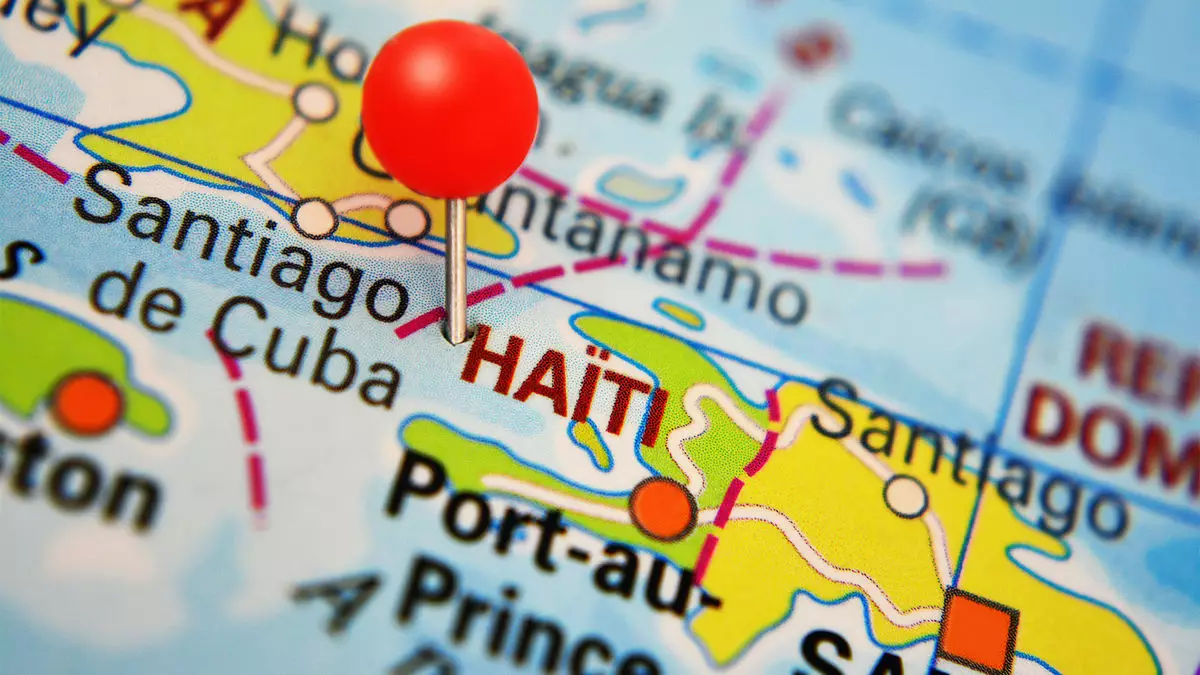A shocking incident recently underscored the deteriorating security situation in Haiti, as gunfire targeted two U.S. commercial flights while landing in Port-au-Prince. In response, the Federal Aviation Administration (FAA) swiftly implemented a 30-day ban on American airlines flying to the island nation. This decision, driven by escalating violence and instability, underscores the urgent need for enhanced security measures in the region. Airlines such as Spirit, JetBlue, and American, which have historically served Haiti, are now left navigating the complexities of operational safety amidst growing unrest.
In light of the FAA’s directive, Spirit Airlines announced the indefinite suspension of its services from Fort Lauderdale to both Port-au-Prince and Cap-Haitien. This move reflects a cautious approach as the airline assesses the ramifications of continuing operations in a perilous environment. The incident that occurred on November 11, where a Spirit flight was forced to divert to the Dominican Republic after being struck by gunfire while landing, serves as a grim reminder of the risks involved. Although no passengers were harmed, the aircraft was rendered inoperable due to the damage sustained.
Similarly, JetBlue’s experience was equally alarming, albeit with a less immediate impact. A flight traveling from Port-au-Prince to New York’s JFK Airport was allowed to operate as scheduled but subsequently underwent a post-flight inspection that revealed bullet holes in the fuselage. JetBlue has committed to collaborating with officials to investigate the circumstances surrounding this unsettling occurrence, though it raises questions about safety protocols and the efficacy of monitoring potential threats in the airspace.
The broader context of these aviation-related incidents lies in the escalating chaos and lawlessness in Haiti, particularly following the assassination of President Jovenel Moise in 2021. Since then, the nation has been riddled with rampant gang violence and civil unrest, leaving citizens vulnerable and foreign nationals reconsidering their interactions within the country. The announcement of Haiti’s new prime minister, Alix Didier Fils-Aimé, coinciding with the recent violence, highlights the urgent need for governmental stability amidst growing fears for safety.
The repercussions of the FAA’s ban extend not only to the airlines but also to the travelers planning trips to Haiti. This development may deter tourism and humanitarian efforts, stifling the already fragile economy reliant on these sectors. As U.S. airlines navigate this unprecedented situation, the challenge lies in balancing safety with the need to maintain essential air travel connections.
Ultimately, the incidents involving Spirit and JetBlue represent a critical juncture for aviation safety and security discourse. Stakeholders will need to prioritize comprehensive assessments of risks, enhanced intelligence operations, and potentially consider a collaborative approach with Haitian authorities to reestablish trust in air travel to the region. As the situation unfolds, vigilance will be the key to ensuring that future flights can operate without such severe threats to their safety.

